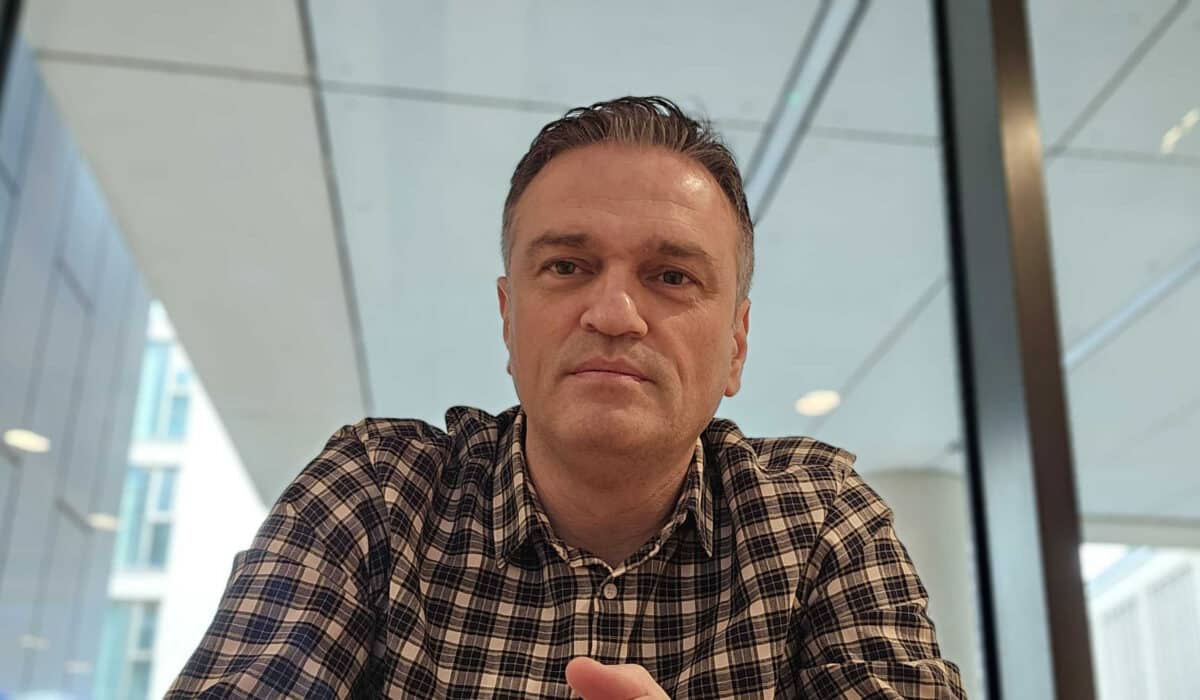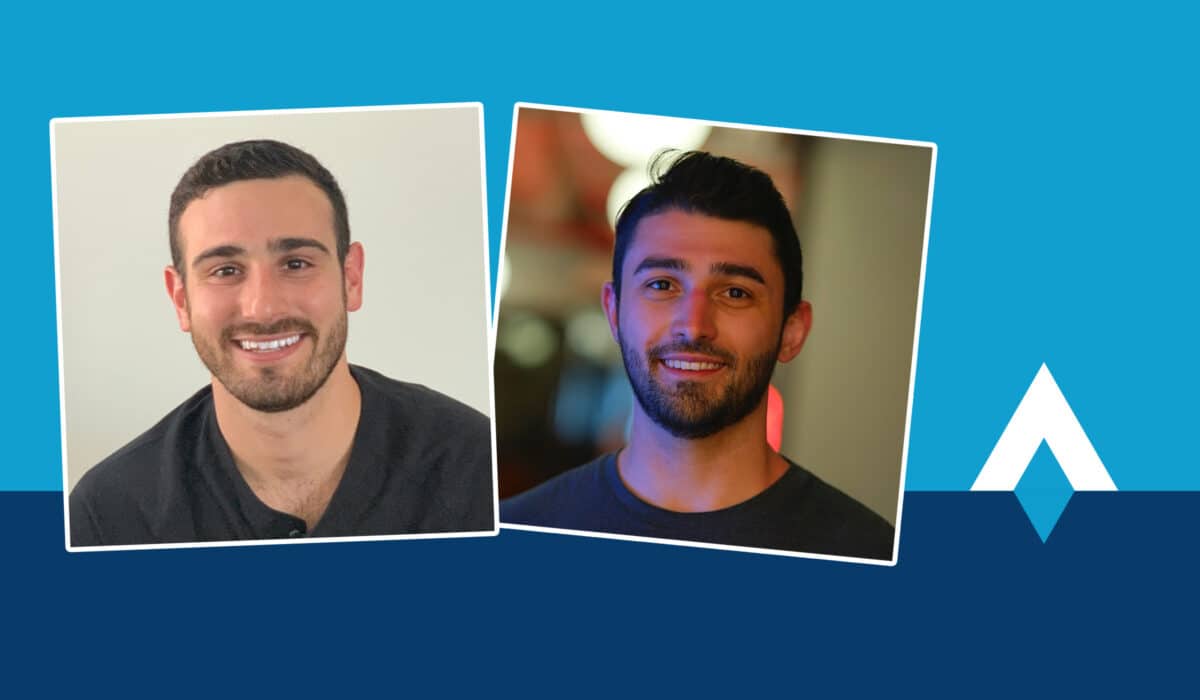For founder Tuncay Senturk, the hardest part of selling was letting go.
After 15 years of growing his software company Snapbytes, the apps and plugins he developed were like children to him. When he sold to larger industry peer Appfire for in 2021, it felt like giving them away in marriage.
“There was a deep sense of pride in seeing them valued by someone else, yet a profound sense of loss in having to part ways,” he said.
Senturk’s apps and plug-ins customized project management software from tech giant Atlassian, yet he was surprised when Snapbytes caught the attention of larger players in the field.
He called the sale a “rewarding” experience but also one that kept him up at night. “It required me to reconcile my identity as the creator and caretaker of these products with my new role as someone stepping away, and that was an immensely difficult process,” he said.
Building Snapbytes and moving to the UK
Senturk didn’t set out to be an entrepreneur — he simply saw a problem and solved it.
Around 2005, the IT company he worked for in Turkey was going to replace its project management software, Jira, because it lacked a particular feature. Senturk, who liked the software and saw its potential, used his spare time to create a plugin that would do exactly what his company needed. Based on his work, the company kept Jira.
Later, he released his product for free to other companies, several years before Jira’s parent, Atlassian, created a marketplace for such plugins in 2012. Senturk’s product was a hit, and managing it soon became too much for his spare time.
When he heard about Codegeist, a competition for apps and plugins to customize and improve Atlassian products, he saw an opportunity. Though he hadn’t planned to charge for his plugin, the competition required that he switch to a tiered paid model, starting with a $10 flat fee. This turned out to be game-changing for Senturk, even though he didn’t win the competition.
“I started reaping the benefits,” he said. “The transition to a paid model was the start of a profitable venture.”
That venture included developing additional Atlassian plugins, including Time to SLA, a service level agreement feature that took off. Demand grew enough that he left his day job to found Snapbytes Limited in 2016, hiring a handful of employees in Istanbul to support the growing user base.
With this success, Senturk secured an “exceptional talent” visa to the UK, and he moved to Cambridge in 2018. The development team stayed in Turkey, but he brought in a marketing specialist and product manager to round out his UK team.
Snapbytes thrived through the COVID-19 pandemic, growing sales, customer base and revenue at a time when remote work expanded exponentially, along with the need for team collaboration software. More than 4,000 companies in over 90 countries were actively using Snapbytes apps, Senturk said.
“Surprisingly, this success attracted attention from major players in our industry,” he said. “I had no initial intention of selling the business.”
But eventually, he had some concerns about the future. In October 2020, Atlassian announced it would end all support for server-based programs over three years, encouraging users to migrate their Atlassian products to the cloud.
Uncertainty over Atlassian’s move to the cloud
Senturk felt intimidated by his lack of familiarity with cloud technology, and he wasn’t sure what this change could mean for his business, so those acquisition offers looked appealing. “The idea of merging with a larger entity seemed like a viable solution to my problems,” he said.
Since Senturk did not have experience selling a business, and since English was not his first language, he sought an M&A advisor — a move he recommends to anyone looking to get acquired.
“It is something like stepping back and having a bird’s eye view of your own company,” he said. “It helped me understand my business better and make the right valuation of my company.”
He ended up selling to the much larger Appfire, which employs more than 750 people in 26 countries.
In the deal, Appfire would absorb the UK entity of Snapbytes, which included the intellectual property rights and the eight-member app development unit in Istanbul. It would not include the remaining Snapbytes Turkey team, which would continue as a regional software and Atlassian consultancy firm.
Even with confidence that he was making a good deal, it wasn’t easy for Senturk to give up his software “babies.”
“This transition wasn’t just a financial or business decision,” he explained. “It was a deeply personal journey of letting go and trusting others with what I had built from the ground up.”
Moving on from Appfire
As part of the deal, Senturk joined Appfire’s project engineering team, and he watched as the company expanded rapidly with a succession of acquisitions into something far removed from the startup feel he had come to enjoy. He learned a lot working with Appfire, he said, and though it was a highlight of his professional journey, it wasn’t a good long-term fit.
“It’s unrealistic to expect a large enterprise to maintain a startup’s spirit,” he said. “Retaining the same level of autonomy post-sale is an unrealistic expectation.”
After leaving Appfire two years post-sale, Senturk still held a place on the board running Snapbytes Turkey, but he also felt that deep entrepreneurial drive to create something new.
“I can’t just retire and do nothing — I have to build something,” he said. “I am ready to embark on a new success story.”



